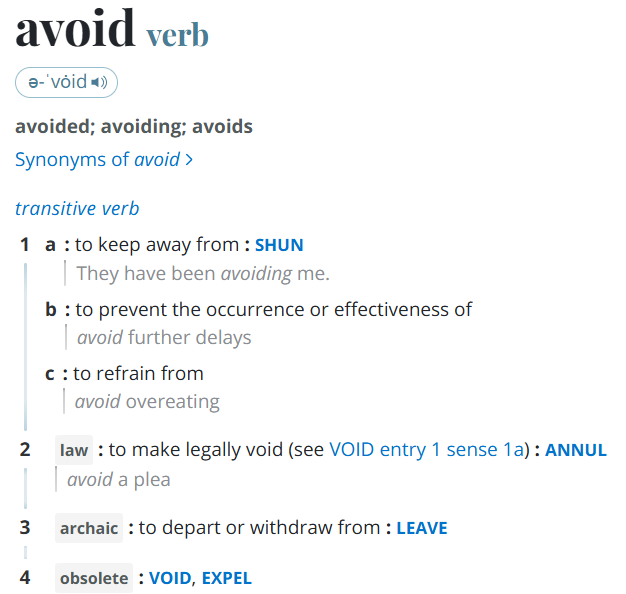Activity
Mon
Wed
Fri
Sun
Mar
Apr
May
Jun
Jul
Aug
Sep
Oct
Nov
Dec
Jan
Feb
What is this?
Less
More
Memberships
Inner Wilderness
19 members • Free
Neuropsyche Network
896 members • Free
3 contributions to Inner Wilderness
Journaling Practice
Alright y'all lets talk JOURNALING. I have only a few requirements for the 1:1 clients I work with but two of those requirements is that they have to have a meditation practice and journaling practice. It's inevitable that they won't always be done EVERY day. AND I can't think of two tools as powerful and as fundamental as these two. If someone isn't spending 5 min a day breathing with themselves and writing down their thoughts and inner dialogue, it's hard to make much progress at anything else. Journaling in particular is an amazing way to audit our internal process. Every second we are CONSCIOUSLY processing 100-400 bits per sec (give or take) (unconsciously we're processing 11 Million bits/sec). Over the course of the day we end up consciously processing over 4MB of data. What's happening to all that data though? Who is sorting it and how? If you're living uncosnciously that means that your unconscious programming is filing that all away, and for most people that's a largely unaudited processing system that's mostly dysfunctional and rooted in inadequacy and scarcity. How the hell do we start intentionally and consciously sorting through all that data? Journaling and meditating. With that said I'm planning to create a journaling course to help people get more out of their journal sessions faster, but in the meantime I want to hear from you all. What's your journaling practice/process look like. Drop it in the comments and let's get the conversation going!
Check In
Alright y'all I'm gonna send out the Bat Signal and see who's tuned in to this channel. Time to get honest and check our pulse. If you read this post please like it so I can see who's getting/reading these. If you would comment/reply with your answers to the following questions: 1. Do you believe the Inner Wilderness concept/channel/community IS or CAN BE a supportive and transformative force in your Life? 2. If so, how specifically can I/We support you in creating the Life your Soul desires? 3. What are you currently exploring and integrating in your Inner Wilderness? What are you working on, internally and/or externally? 4. What do you want to see/read/learn/experience from me or this community? In terms of a course, a class, a call, a circle etc? Thanks for being here and participating. I believe this community and platform- if I were to compare it to Bitcoin- is like when Bitcoin was $1.50. It's my desire though that this be a crowd-sourced, peer/community led group that I'm just helping keep on the tracks. So
Confrontation vs. Avoidance
Let's talk confrontation and avoidance. Anyone brave enough to embark on a 'healing journey' or path of expansion, will have much of the following to confront (if your path includes Psychedelic Explorations these confrontations can be amplified in their intensity and presentation); 1. Emotions 2. Beliefs 3. Past Experiences/Memmories 4. Parts/Facets of Self 5. Wounds 6. Limitations 7. Vissions and dreams 8. Possibilities and potentials When we break down the word confrontation you have Con-Latin for 'With' and Front-'To Face'. We are being asked on our path to freedom and expansion to COME TO FACE WITH these aspects of self. What is the opposite of Confrontaion? Avoidance. What is avoidance (see image below)- the act or practice of withdrawing, keeping away from, preventing or refraining from something. Anyone playing the game of Life is constantly being confronted with themselves through the mirror that Life is holding up for us. Most people are running a frantic sympathetic-charged race to 'avoid' what is being reflected back to them. While that frantic race can still produce surfacel levels of successes (the job, the car, the house, the relationship, the bank account etc) this avoidance pattern never resolves what we are being asked to face (see the innumberable people with the material checklist crossed off who still are in states of deep constant suffering). If we accept the invitation this mirror offers us, and choose to go inward, into the wilderness within us, then encountering the list above is inevitable. Whether we choose to avoid what we find or confront it however, is a CONSCIOUS CHOICE. As it pertains to the Psychedelic Space, I know that I myself, along with a number of clients, friends and acquaintances have been confronted with aspects of themselves that they have chosen not to confront (or at least REALLY dive into). I've never seen a single case where this choice of avoidance leads to resolution. In fact I've often seen it lead to more chaos, turmoil and conflict. An example of this is when someone takes something thats presented to them, and instead of really peeling a part the various meanings and interpretations, they take it at 'face value' and simply leave a job, relationship or pursuit to chase something else, and feel that 'that's what they were asked to do'. Meanwhile the fallout from these decisions often lead to creating more of the very problem that was being asked to be resolved. But because the deeper meanings and interpretations were not expounded on, the avoidance pattern simply creates more of 'the thing'.

1 like • Nov '24
@Corbin Sellers I’ve been doing the Gupta program (brain retraining for chronic illness) practices daily for about a year and half and just switched to a new program called Primal Trust. Practices involve awareness of anxious thoughts, meditation, somatic exercises, parts work, functional neurology exercises and more. Feeling safe in the body when chronic illness is present and I am unable to do many things I used to be able to do and can’t work or support myself is a challenge. However, I have developed an awareness that I never felt safe before the chronic illness either.
1-3 of 3

